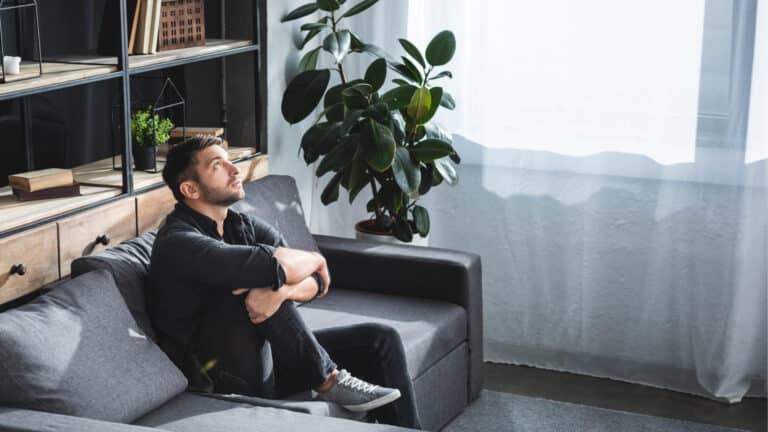The importance of the 15-minute free virtual consultation
Many registered psychotherapists offer free 15 to 20-minute consultations. This is typically a standard practice. Since questions about what you can expect at the consultation are usually not answered until you meet with the registered psychotherapist for the consultation, I thought to use this blog to chat about this initial connection between client and therapist. (I am going to use registered psychotherapist, psychotherapist and therapist interchangeably in this blog).
What to expect
One of the biggest benefits of the consultation is to provide you with a low-stakes no-cost opportunity to meet the RP that you are considering working with. I think this is so important because investing in your own health takes time and commitment. Meeting with the psychotherapist that you are considering working with will allow you to get to know them and their approach better. You can expect the registered psychotherapist to discuss which psychotherapeutic modalities they use to support clients’ healing and personal growth.
The standard process is to request an appointment by email or in my practice, to book yourself into my calendar for a time that is convenient for you. You can reasonably expect to receive a confirmation of your appointment within 24 – 48 hours. I usually aim for 24 hours or sooner because I understand that booking the consultation is an important step in committing to your mental health and personal growth. The confirmation email from me also allows me to answer any technical questions you may have about using my privacy-protected virtual platform.
Preparing for your virtual consultation
Make sure that you are in a comfortable and private space for your consult. Set up a calm environment where you know you won’t be interrupted. This may help you to feel that you can speak openly about yourself and that you can fully engage in the discussion.
Here is a brief list that I hope will help you make the most out of your virtual consultation. You might think about setting aside about 5 – 10 minutes before the consultation to prepare.
- Begin with you. Try a grounding mini-meditation. Take deep breaths, exhaling completely. Check in with how your body is feeling, what emotions you may be experiencing, what thoughts are coming up for you. This may help you to transition from what you were doing before, to what you are to do.
- Reflect on your reasons for seeking therapy. Try to identify and clarify, as best you can, the main issues or concerns that led to you seeking therapy. You might want to reflect on how these challenges are impacting you, your relationships, your daily life, and your overall sense of well-being.
- Think about goals. You may want to select some specific goals for what you hope to achieve in therapy. Some examples might include improving your ability to manage stress through coping skills, finding new ways to resolve conflicts, feeling better or more like you felt in the past.
- Have a list of questions. Jot down any questions or concerns you may have about entering psychotherapy. You might want to ask about the therapist’s approach, how they protect your privacy, how long sessions are, how frequently you would like to meet, and what you can expect from the sessions.
- Consider the logistics. Think about the best time of day or day of week for you to meet. Ask questions about the cost to you of registered psychotherapy. Sadly, mental health care in our country is not covered by a national health policy. You may want to ask the therapist about sliding scale appointments, which are appointments registered psychotherapist may offer for people who are in financial need.
- Be gentle with yourself and keep an open mind. Approaching psychotherapy with curiosity and a mind open to new ideas can help the therapeutic process. Acknowledge that uncomfortable thoughts and feelings may arise for you, and be kind to yourself.
Subscribe for Updates
Sign up to get articles like this in your inbox once a month. I’ll never send you spam, and you can opt out anytime.






